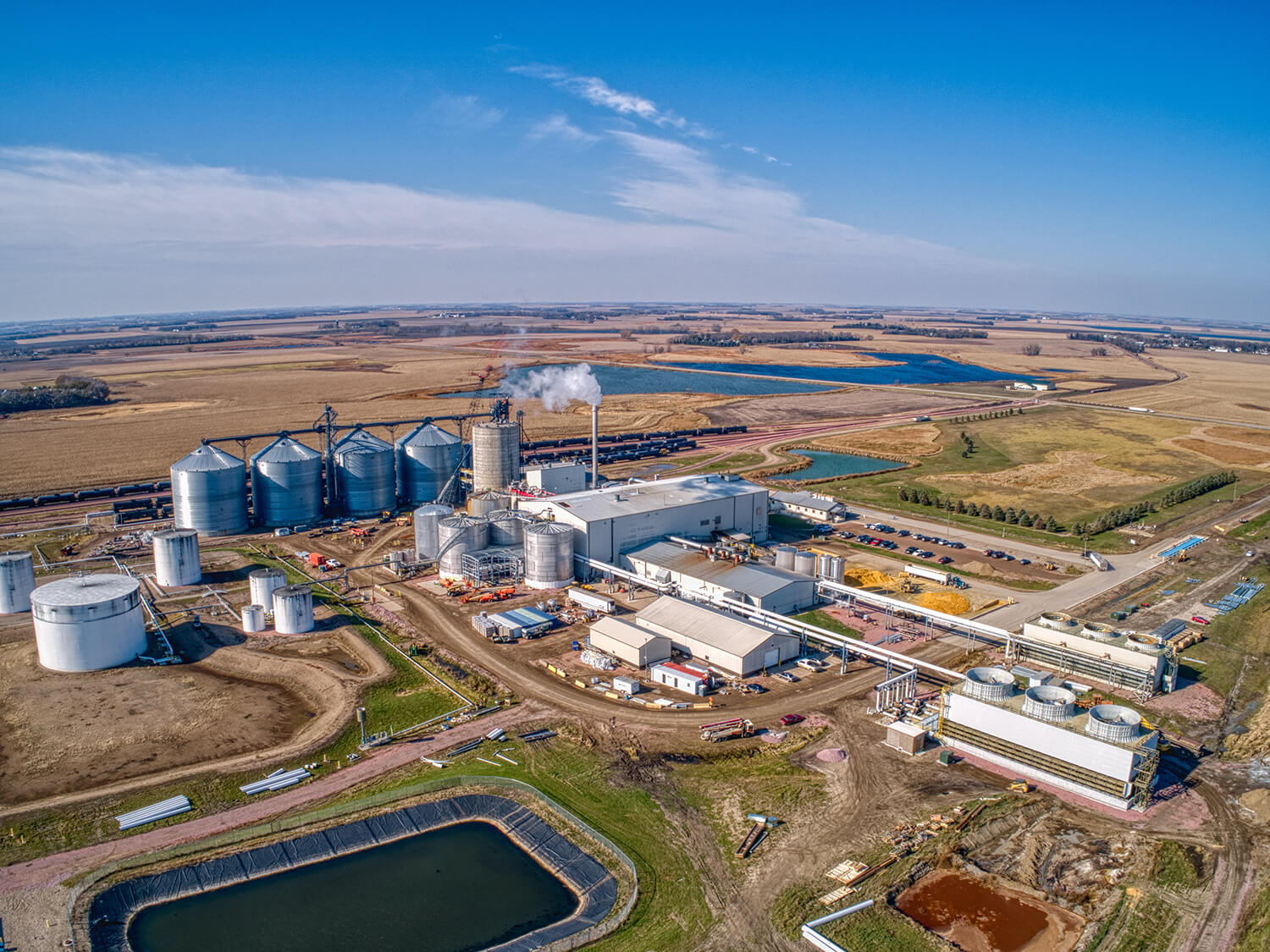
Introduction
As the world moves toward cleaner and more sustainable energy solutions, ethanol plants are adapting to meet new global energy trends. With increasing concerns about carbon emissions, fossil fuel dependency, and climate change, ethanol production has gained significance as an alternative energy source. The evolution of ethanol plants reflects advancements in technology, policy support, and market demand for renewable fuels.
The Growing Importance of Ethanol in the Energy Sector
Ethanol is a biofuel primarily derived from crops such as sugarcane, corn, and other biomass sources. It is blended with gasoline to reduce emissions and reliance on fossil fuels. Many countries, including India, the United States, and Brazil, have set ethanol blending targets to promote cleaner fuel usage.
In recent years, ethanol plants have been adapting to various global energy trends, such as the push for carbon neutrality, technological innovations, and the rise of second-generation biofuels. These adaptations are crucial for maintaining sustainability, efficiency, and economic viability in the renewable energy landscape.
Advanced Technologies in Ethanol Production
One of the key ways ethanol plants are evolving is through the adoption of advanced production technologies. Traditional ethanol production methods require significant water and energy inputs, but newer techniques are improving efficiency and reducing waste.
1. Second-Generation (2G) Ethanol Production
Second-generation ethanol is made from agricultural residues like straw, bagasse, and other non-food biomass. Unlike first-generation ethanol, which relies on food crops, 2G ethanol helps reduce the food-versus-fuel debate and makes better use of agricultural waste. Many ethanol plants, including ethanol plant in India, are investing in 2G ethanol technology to enhance sustainability.
2. Energy-Efficient Fermentation and Distillation
New fermentation techniques use genetically modified microorganisms that enhance ethanol yield while reducing production time. Additionally, modern distillation processes incorporate energy recovery systems, reducing fuel consumption and operational costs.
3. Carbon Capture and Utilization (CCU)
Ethanol production releases carbon dioxide (CO₂), but emerging technologies enable ethanol plants to capture and utilize CO₂ for industrial applications, reducing their carbon footprint. This aligns with global initiatives to lower greenhouse gas emissions.
Policy and Government Support for Ethanol Plants
Governments worldwide are supporting ethanol production through policy measures such as blending mandates, tax incentives, and financial aid for biofuel projects.
1. Ethanol Blending Mandates
Countries like India have introduced ethanol blending programs, aiming to reduce dependence on imported crude oil and lower emissions. The Indian government has set a target to achieve 20% ethanol blending in petrol by 2025, encouraging ethanol plants to expand production.
2. Financial Incentives for Ethanol Production
Subsidies and low-interest loans for ethanol projects are helping new plants emerge and existing ones upgrade to more efficient production systems. In particular, ethanol plant in India benefits from government-backed funding to promote biofuel growth.
Sustainable Practices in Ethanol Plants
To align with global energy trends, ethanol plants are incorporating more sustainable practices:
- Water Recycling and Waste Management – New ethanol facilities focus on minimizing water usage and treating wastewater for reuse.
- Renewable Energy Integration – Some ethanol plants now use solar and wind energy to power operations, reducing their reliance on non-renewable electricity.
- Co-Product Utilization – Byproducts such as distillers’ dried grains (DDGS) and bio-based chemicals are being used in animal feed, pharmaceuticals, and other industries, making ethanol production more efficient and profitable.
Future Outlook for Ethanol Plants
The global shift toward renewable energy sources is driving further advancements in ethanol production. The introduction of sustainable aviation fuel (SAF) from ethanol, increased research in algae-based biofuels, and enhanced crop yield technologies are expected to revolutionize the industry.
For ethanol plant in India and other regions, continuous improvements in technology, government support, and sustainable practices will determine their role in the future energy landscape. As the world accelerates toward greener energy solutions, ethanol plants must continue adapting to meet the demands of a rapidly changing industry.
Conclusion
Ethanol plants are playing a crucial role in the transition toward cleaner energy by adopting innovative technologies, improving efficiency, and following sustainable practices. With strong policy backing and advancements in biofuel technology, ethanol production is set to become a key component of global energy strategies. As global energy trends shift, ethanol plants will continue evolving to support a more sustainable and energy-secure future.
